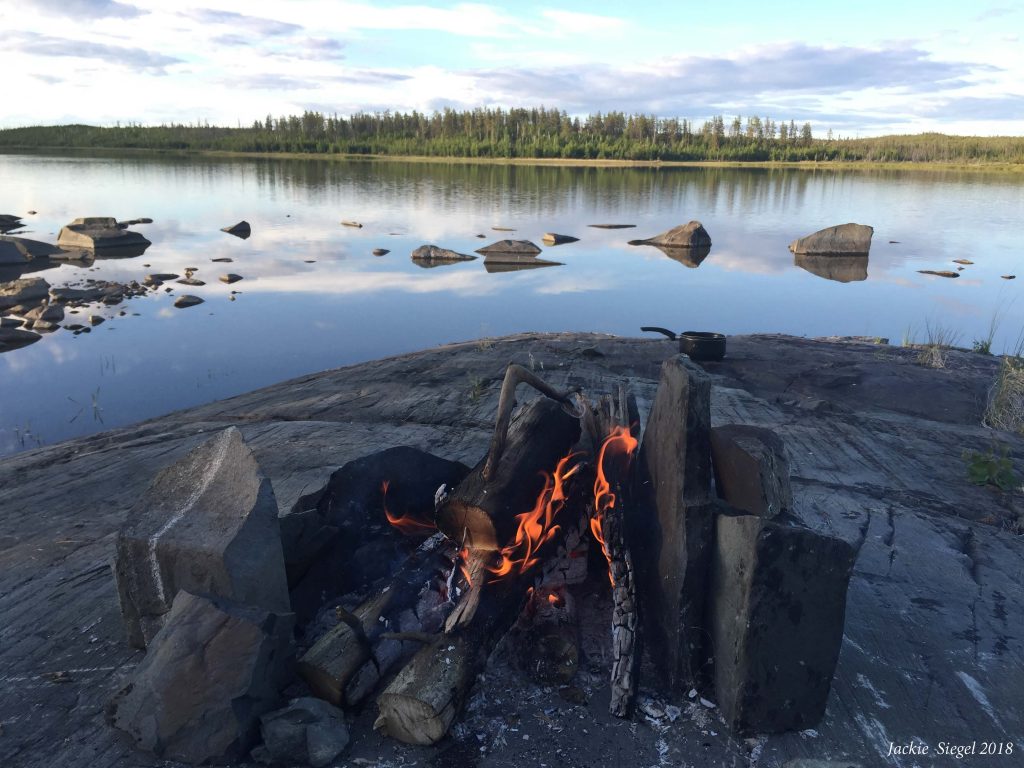
Theme
Co-creation is about meaningfully engaging people to create mutually valued outcomes together, collaborating towards a common goal. In our practice, we ask questions, investigate, apply tools, collect data, and measure results. We combine expertise and objectivity to understand different perspectives, realities and interests. Is it possible that we inherently privilege our worldviews? Do we make space to truly honor and incorporate the knowledge, values, culture and lived experiences of those we engage with?
Evaluators often operate from a position of privilege and influence – representing a funder or the agency responsible for delivering a program. Traditionally, clients or target groups are seen as the objects of evaluation. Approaches like developmental evaluation, participatory evaluation and empowerment evaluation have attempted to address these power imbalances through a variety of methods; but collaboration and consultation often fall short of true partnership.
With our theme of co-creation, we hope to explore the concept of evaluation without dominion. Co-creation challenges traditional power relationships. It requires an evaluator to be a methodological expert, facilitator, critic, ally and strategic thinker who can move evaluation to enable change.while sharing jurisdiction. It speaks to developing true partnerships, to building evaluations from the ground up and to acknowledging that other methods and perspectives have equal weight to our own.
Streams
Co-creation is both a journey and a destination. As we practice co-creation, we may experience integration, transformation, and changes in practice. Participants may want to share their insight on one or more of these streams.
Integration
Approaches that incorporate or explore shared values, finding common ground, socially/culturally rooted, and Inspire collaboration.
Transformation
Being intentional about making space for transformation through change management, collective creativity, collective impact, sustainability, advocacy.
Practice
Incorporating new approaches and philosophies into practice competencies, reflection, learning, evolving, space for experimentation.
Perspectives
We encourage participants to explore the conference theme and streams through the perspectives of diverse populations/communities/areas of focus, including:
- Children and Youth: Evaluators undertake to assess programs and projects that focus on children and youth. Understanding that there are ethical issues to consider when working with young people, how well do we integrate their perspectives into evaluation? Could we do more? What would co-creation with children and youth look like?
- Environment: The profession of evaluation has focused largely on human services, but there is an urgent need to address sustainability and incorporate the connectivity of human and natural systems into evaluation practice, and to develop methodologies which address this. What partnerships need to be explored?
- Health: In the health sector, there is increasing awareness of the need to tackle all aspects of service design and delivery through a patient lens. How can evaluators engage patients as partners?
- Indigenous Peoples: CES has taken a position on reconciliation in Canada. How do we as evaluators ensure a reconciliation lens is applied to our work? Is there a role for evaluators be allies with Indigenous peoples and governments by utilizing our skills and expertise to support Indigenous priorities? How do we ensure that Indigenous perspectives and methodologies are equally valued?
- International Development: There is a vast body of knowledge on sustainable development projects that offers lessons on capacity building, inclusion, governance, and redistribution. What insights from south to north and across contexts shed light on factors and limits of success, replication, and scale? How do evaluators value and share learning that flows to us from our southern partners?
- Newcomers: Newcomers to Canada, both immigrants and refugees, are supported by programs at all levels of government, as well as through communities. How do evaluators go beyond being culturally sensitive, to tapping into the knowledge, insight and resilience of newcomer populations? How do we ensure that issues and perspectives of newcomers are reflected and incorporated beginning with evaluation design?
- Social Impact Measurement: Collectively, are we measuring the right things? What would happen if evaluation and social impact measurement collaborate and co-create?
Contexts and Limits: There are elements that help or hinder co-creation. Are there other areas of evaluation that would benefit from considering a co-creation approach? How can evaluation, and evaluators be, for example, more involved in organizational learning and innovation, or in working with rural/remote communities?
